In nature, nothing is waste – not even poop. A new study by Univertiy of Vermont researchers suggests with a lot less animal poop like that of the blue whale, spreading on the planet, the nutrient transfer from one species to another has also reduced – a loss that’s affecting marine and land animals.
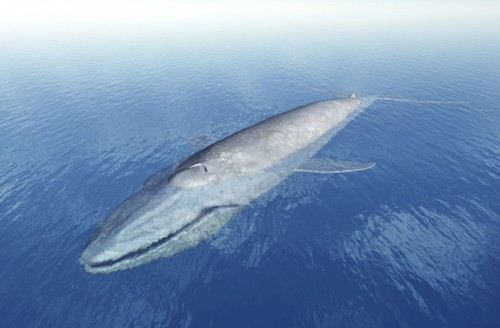 Image via Discovery
Image via Discovery
Blue whales – the biggest creatures in the world were once found in numbers close to 350,000 but now only a few thousand are left. While removing such a critical species from the ecosystem has a number of effects on the area where they live, one significant loss is that of their poop.
In a new study published last month in the Proceedings of the National Academy of Sciences, researcher Christopher Doughty and his colleagues have found that as many of the largest animals have gone extinct or experienced massive population decline, the transport of nutrients from one life form to another has massively declined too.
The Nutrient Cycle
In the natural world energy and nutrient transfer is always from one life form to another. This chain of events is what creates food chains, food webs and maintains small and large ecosystems, often interlinking marine, and land animals.
Take the case of blue whales. These giant mammals survive on small living organisms called krills – prawn like creatures. When the whales release their excrements, this is a rich source of phosphorus among other nutrients and is eaten by phytoplankton and algae which are in turn consumed by zooplankton, copepods or krill. Those are either eaten by fish or they can be eaten by seabirds.
Thus, the nutrient from the whale poop is passed on to the land by the sea faring birds and it soon becomes part of the land animal food chain, thus passing the valuable nutrient to a wide variety of sea and land species.
The researchers point that because the number of large animals such as the blue whales has reduced only a quarter of nutrients like phosphorus make it to the sea surface today compared to the past.
Such a loss may continue to weaken ecosystem health, fisheries, and agriculture, leaving them less naturally productive than they might otherwise be.
Restoration and Protection
The researchers suggest, the only way to ensure the ocean beds are constantly fertilized by whale poop is to restore the species and let them roam free.
Joe Roman, a conservation biologist at the University of Vermont says, “The most important part for me is trying to restore these species as ecological engineers on the planet, and really try and share the planet with them. Let’s not just keep them in zoos or even in small island pockets of protected areas. Let’s let them move around the planet more freely.”
More Related Stories,
Katarniaghat Wildlife Sanctuary
Photos: Theses are the Most Threatened Birds of India

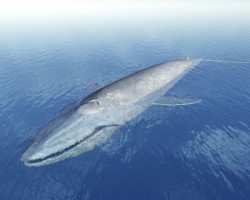
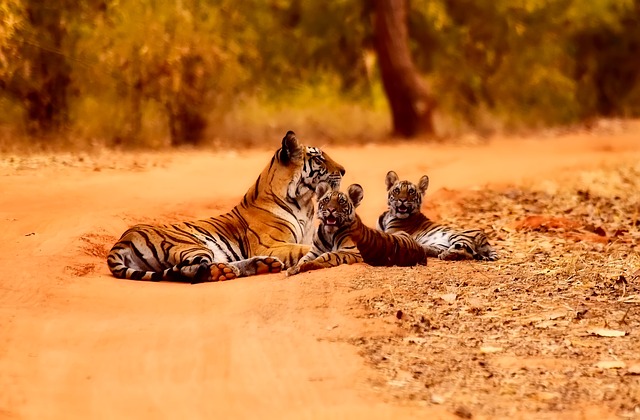
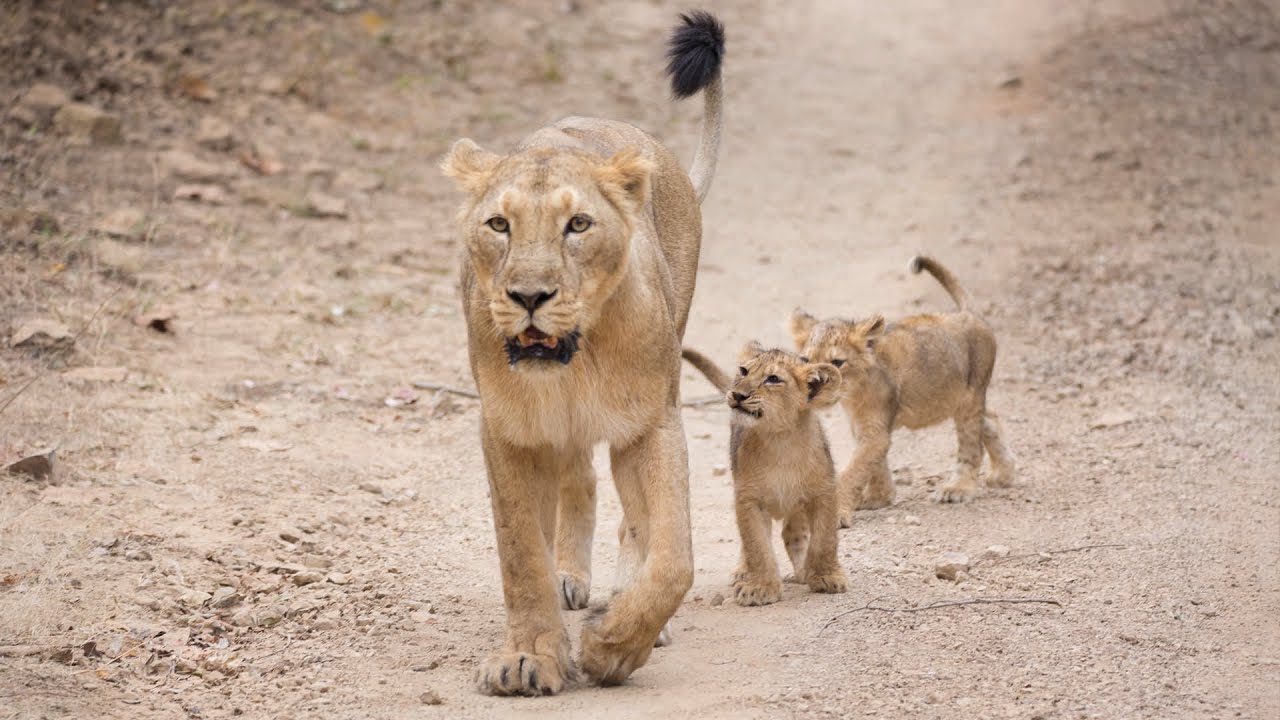
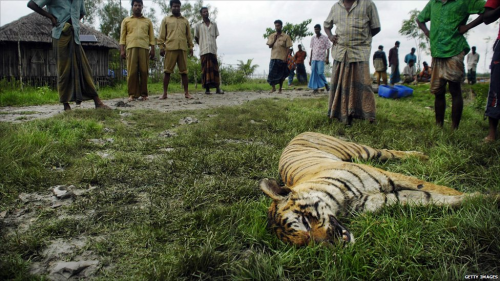
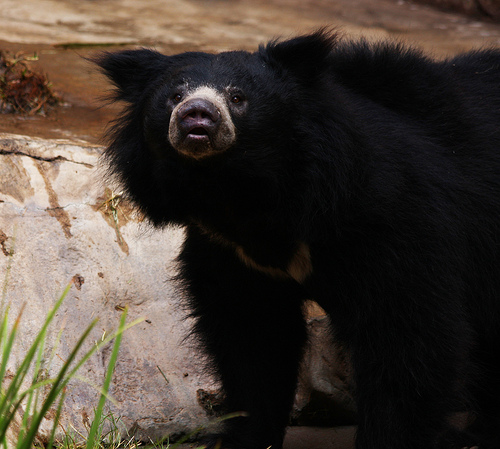
Very interesting.
This is an informative post. Never thought animal poop could be so important!
Thank you. Keep visiting to learn more about endangered wildlife of India.